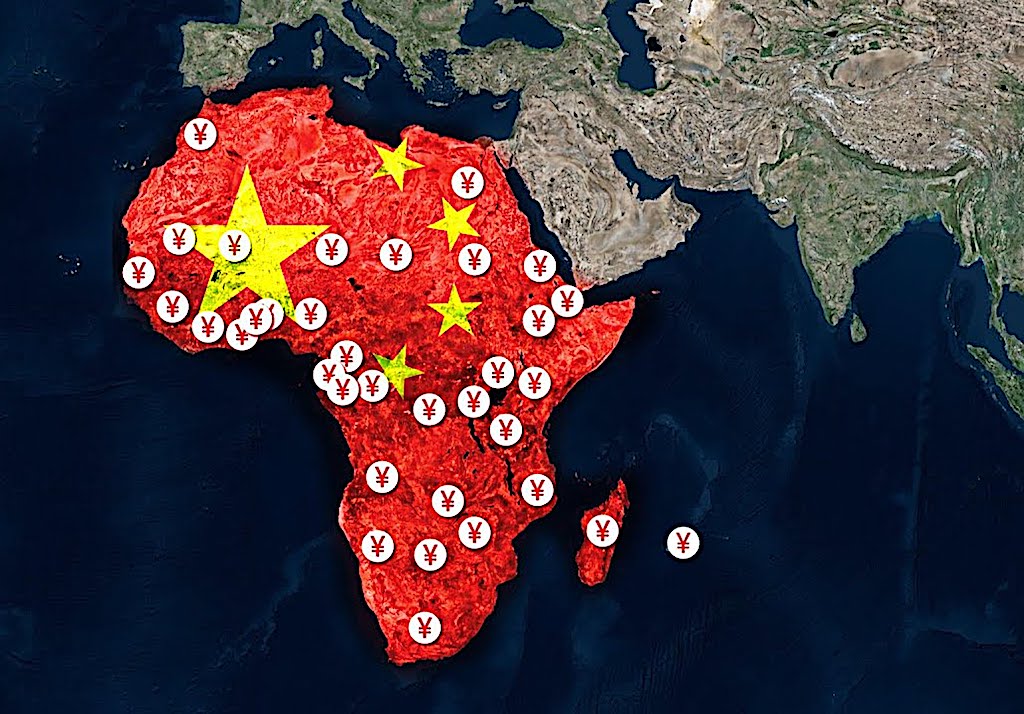An appellate court in the United States has rejected Nigeria’s claim of sovereign immunity, allowing a Chinese consortium to proceed with efforts to confiscate Nigerian assets abroad.
This development intensifies a crisis that President Bola Tinubu has been grappling with in Europe, trying to prevent it from spreading to other jurisdictions.
The ruling, issued on August 9, 2024, by the U.S. Court of Appeals for the District of Columbia in Washington, found that Nigeria had severely violated both the fundamental and commercial rights of executives at Zhongshan, a Chinese firm that had entered into a trade zone agreement with Nigeria.
The case stems from a contract dispute between Zhongshan and the Ogun State government, which had agreed in 2007 to develop a free trade zone with the Chinese company. According to court documents, the project was abruptly terminated by former Ogun State Governor Ibikunle Amosun, who allegedly used aggressive tactics to avoid honouring the original agreement.
Following the contract’s termination, the Chinese workers involved were reportedly arrested, detained for weeks without charges, and subjected to torture by Nigerian police officers. In 2021, a UK court awarded the Chinese expatriates $55.6 million in compensation, $75,000 in moral damages, and additional sums for interest, legal, and arbitration fees.
Seeking to enforce the UK judgement in the United States, the Chinese consortium faced resistance from Nigeria, which argued before the U.S. District Court for the District of Columbia that its sovereign immunity barred the case from being heard. However, the court dismissed Nigeria’s claim, noting that, as a signatory to the New York Convention, Nigeria had agreed to arbitration processes that could involve sovereign entities.
Nigeria appealed the decision on April 22, 2024, but the appellate court ruled that the case should proceed. The court stated that Nigeria had forfeited its immunity by joining Ogun State and violating the contractual agreement with the Chinese firm. The judges also highlighted that the Investment Treaty signed between Nigeria and China in 2001 established a legal relationship between the two parties, making Nigeria liable for the breach.
The majority opinion, delivered by Judges Patricia Millett and Michelle Childs, affirmed that the arbitration exception under the New York Convention applied in this case. They ruled that the legal relationship between Zhongshan and Nigeria was commercial in nature, and therefore, Nigeria could not claim sovereign immunity.
Judge Greg Katsas, in a dissenting opinion, argued that Nigeria should retain its immunity, given that the assets targeted by the Chinese consortium are covered under the country’s sovereign protections.
With the appellate court’s decision, the case can now return to the lower court, which has already indicated its willingness to allow the Chinese consortium to pursue Nigeria’s assets in the U.S. These assets include fixed properties and deposits from crude oil earnings held by financial institutions like JP Morgan.
This ruling comes on the heels of a similar legal battle in France, where Chinese investors secured court orders to target Nigeria’s European assets. They have already initiated actions to seize Nigerian private jets in various European countries.
In response, both the Nigerian federal government and the Ogun State government have condemned the Chinese consortium, accusing them of fraudulent behaviour and comparing the case to the notorious P&ID case. While the authorities have begun efforts to overturn the judgement in France, they have not yet commented on the U.S. ruling or indicated whether they will appeal the decision to the U.S. Supreme Court.



